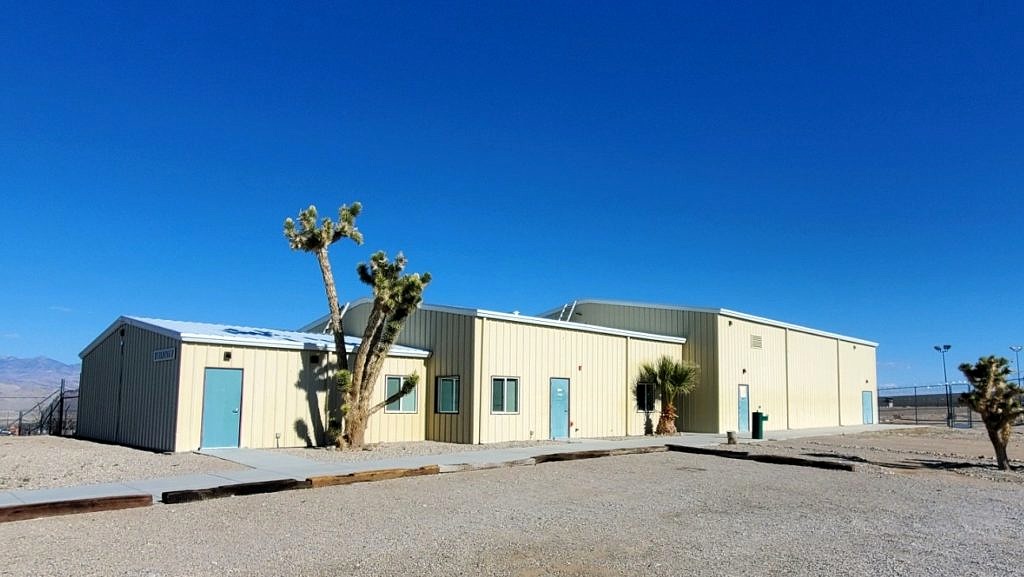
We believe that reentry begins on Day One at our facilities. Creating this hub to coordinate our efforts within and outside NDOC will provide more individuals with the resources they need to be successful on reentry.” — Nevada Department of Corrections Director Charles Daniels
The Nevada Department of Corrections (NDOC) is finding innovative ways to expand its array of programming and services for individuals transitioning from incarceration to the community despite the challenges of the COVID-19 pandemic.
Faced with limitations to in-person activities and workforce shortages, NDOC identified a building adjacent to existing corrections facilities in the Las Vegas area to serve as a hub for reentry and training efforts. The Reentry, Programs, and Career Pathways facility (RPCP) opened in December 2021 to provide comprehensive supports for individuals reentering the community along with expanded training opportunities. RPCP’s newly renovated space—wired for virtual access— enables its reach to extend well beyond its four walls.
This investment strengthens NDOC’s existing efforts to improve reentry processes in line with Nevada’s Justice Reinvestment Initiative (JRI) legislation, AB 236 (2019). CJI, funded by the Bureau of Justice Assistance within the Department of Justice’s Office of Justice Programs, provides ongoing technical assistance to Nevada to implement AB 236.
Comprehensive Reentry Support
RPCP helps people transition to the community with a wide range of supports designed to assist in the reentry process, including services addressing basic needs, like valid identification and medical insurance, as well as programming related to educational and career development.
A key strategy of RPCP is to serve as a hub for collaboration among community groups and NDOC staff working on reentry. NDOC staff is planning to work closely with external community organizations to plan and administer resources at RPCP. These organizations provide a wealth of knowledge and specialized expertise on barriers facing individuals exiting incarceration and how best to address those challenges ahead of release.
RPCP also brings together several departments essential to reentry efforts that had previously been scattered across multiple locations. These include staff directly responsible for reentry services, records, Medicaid applications, and quality assurance. Several staff members are funded by BJA through Justice Reinvestment Initiative sub-award funding. Having these teams work side by side enables NDOC to synchronize its reentry efforts and maximize support services for individuals.
Broad Accessibility
NDOC designed RPCP with accessibility in mind. Understanding that resources are unevenly distributed, RPCP’s classroom space is wired for audio and video capabilities. This technology makes programming available throughout the state, regardless of location. RPCP provides opportunities for virtual programming to individuals previously unable to attend, including those located in rural facilities and at sites with limited programming staff.
Understanding the pressures facing staff and wanting to signal its commitment to their success, NDOC also saw an opportunity to use this facility to better support them. NDOC uses RPCP classroom space to administer training to a wider audience of corrections staff across the state. This better equips staff with tools to effectively interact with people who are incarcerated and deal with work stress.
Increased access to programming and training for both staff and individuals who are incarcerated advances NDOC’s goal of providing quality services that reduce recidivism.
“We believe that reentry begins on Day One at our facilities,” NDOC Director Charles Daniels said. “Creating this hub to coordinate our efforts within and outside NDOC will provide more individuals with the resources they need to be successful on reentry.”